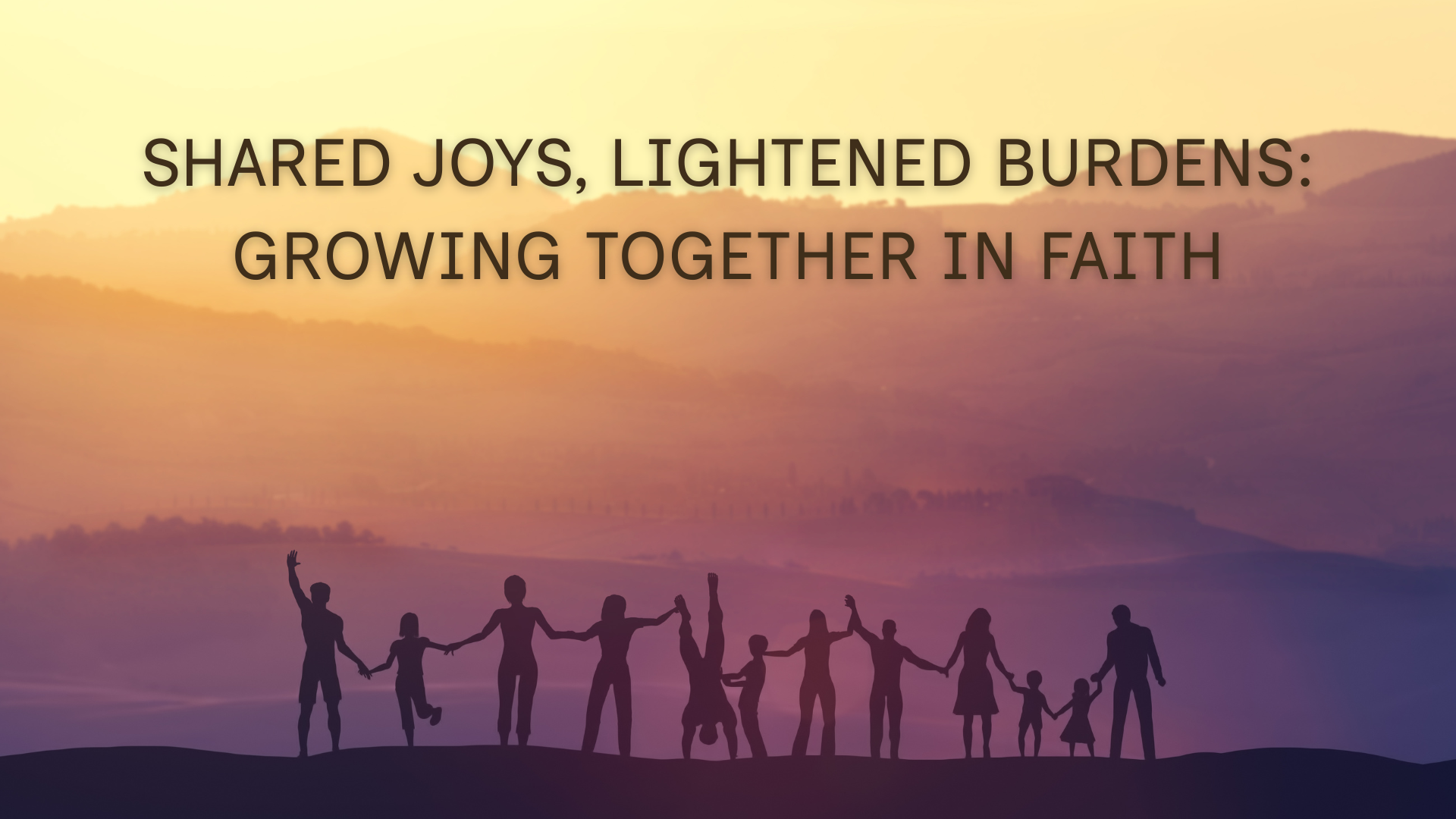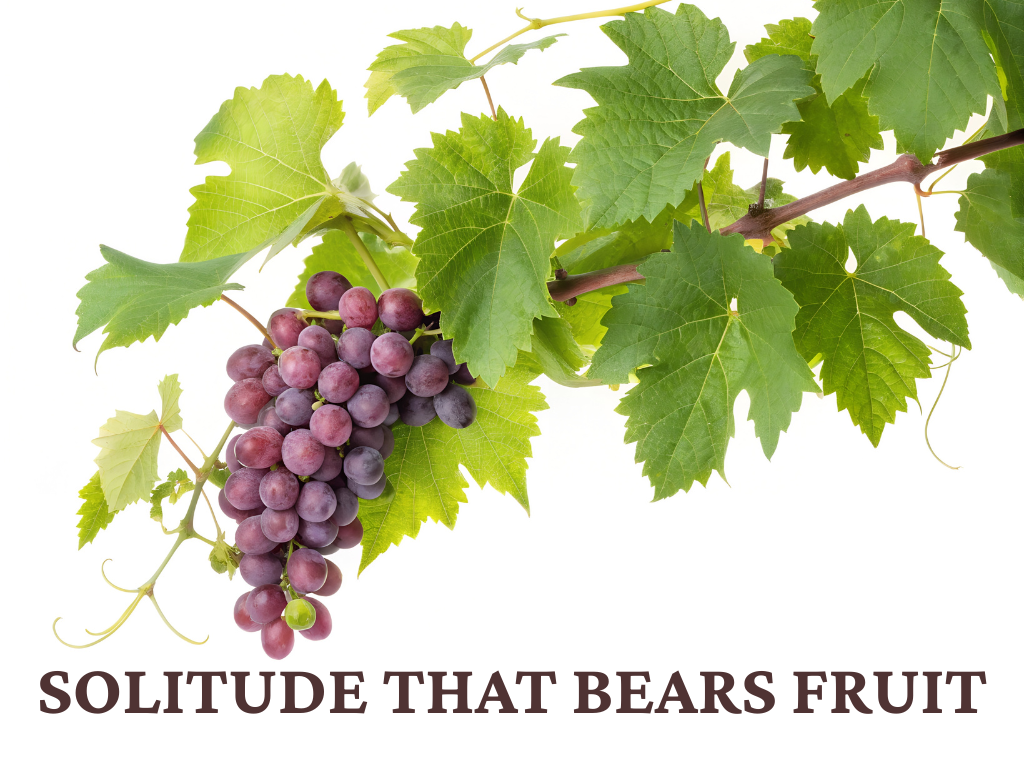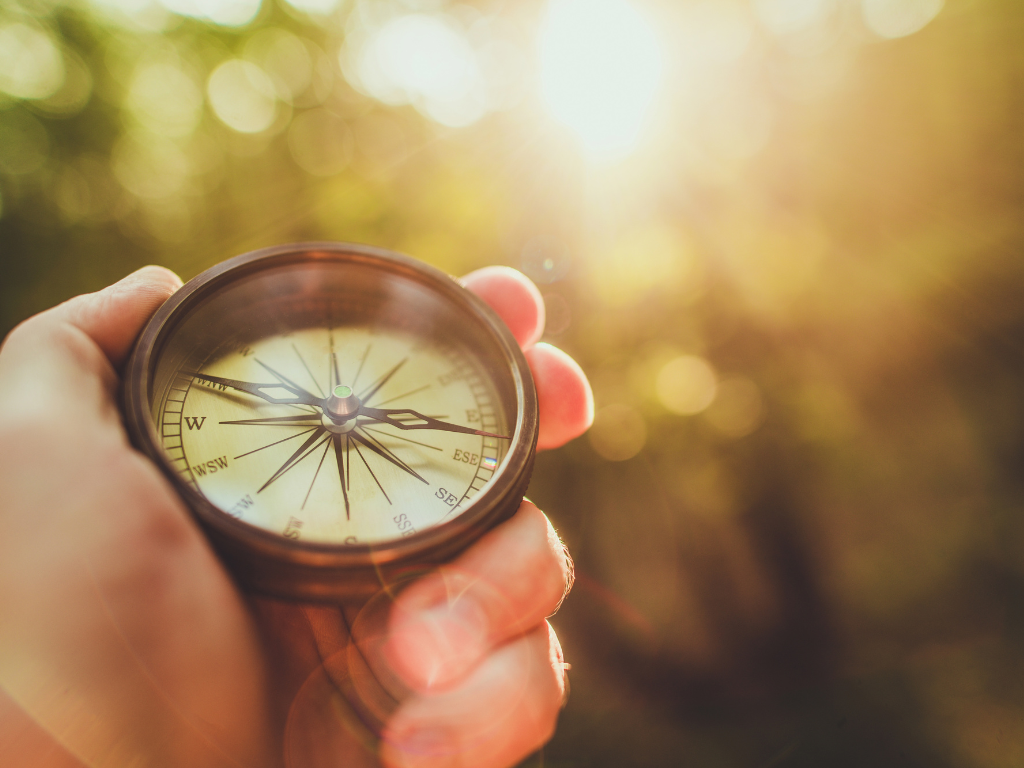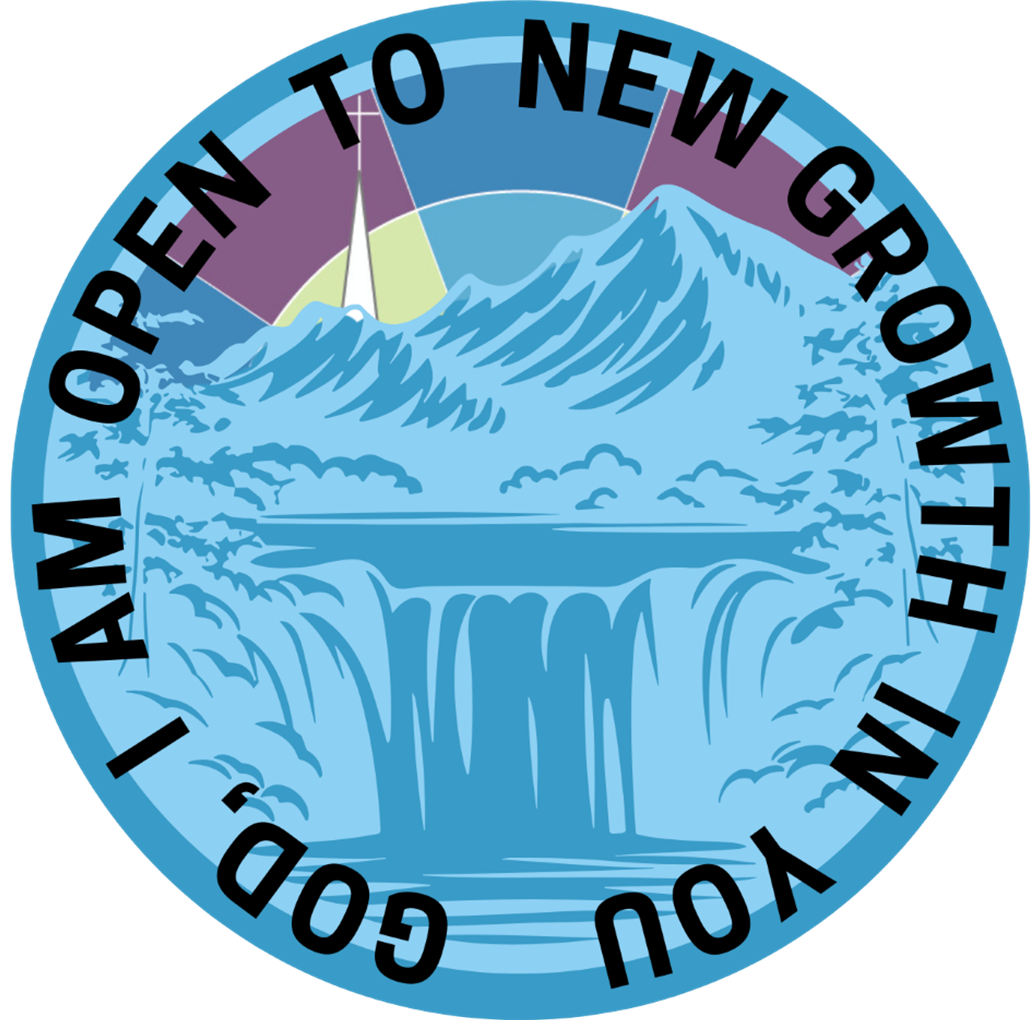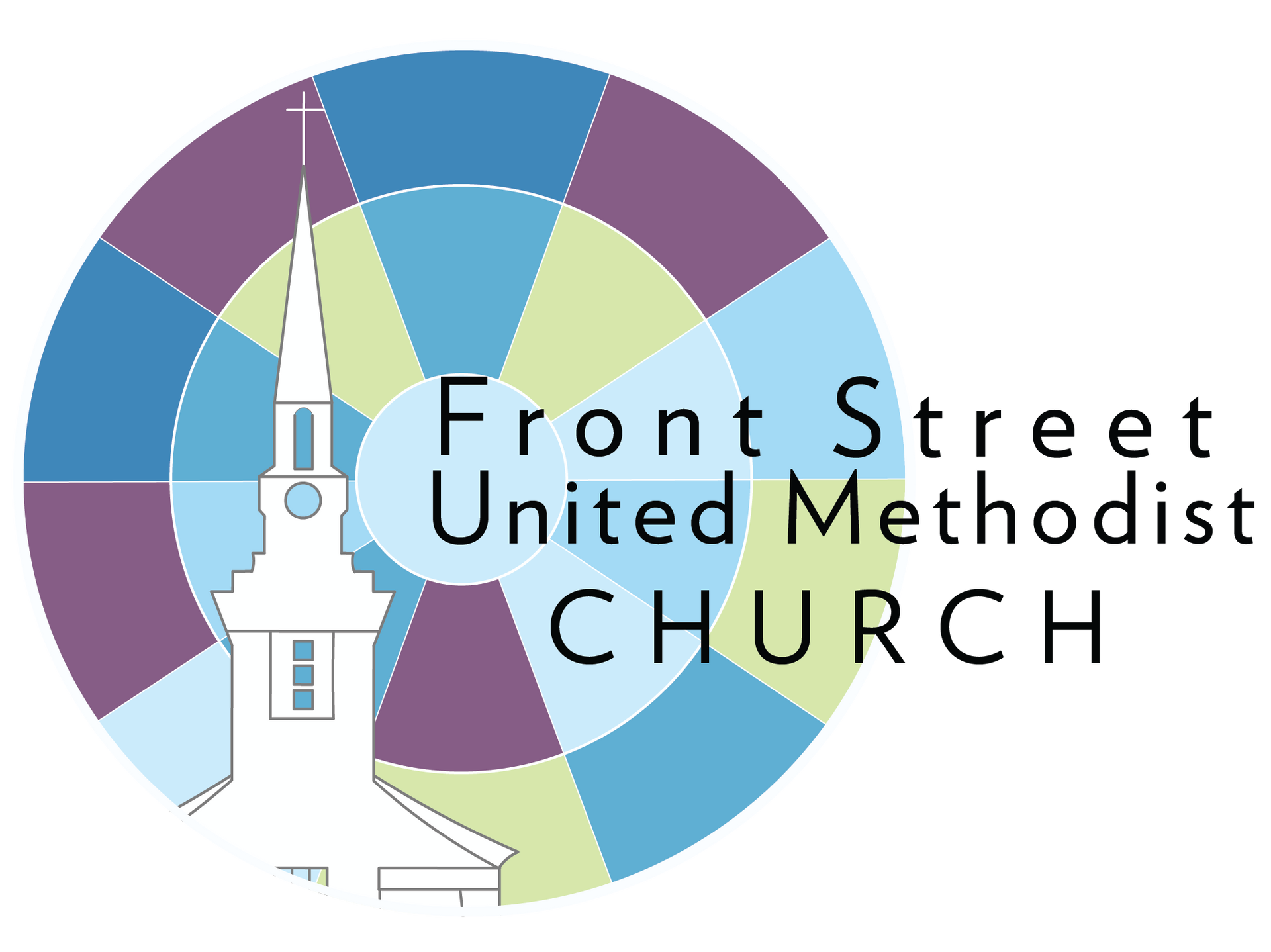Remembering Creation
Read Genesis 1:24–31
The stewardship of our bodies, our relationships, and our resources play pivotal roles in whether we care for or neglect the larger world that God has gifted to us as our home. “God saw everything he had made: it was supremely good,” (Genesis 1:31). The world, from its beginning, has had the potential to display God’s goodness and grace in every way imaginable. In this vastness, humankind occupies a unique and medial space in Creation: God has tasked us to care for the very organism on which we depend to sustain our livelihood—Earth, our small corner of the cosmos. This means that God and creation share a unique relationship, and within this relationship, humanity is given the responsibility of being Creation’s stewards—caretakers of a world that doesn’t belong exclusively to us, but that is God’s first gift of life in space and time.
Notice that Scripture doesn’t begin with the fall of Adam and Eve or the calling of Abraham and Sarah. It begins with God creating the universe out of a formless void, blessing it, and calling it “good.” In the beginning God speaks, the Spirit breathes, and life explodes.
God is creative; God is creator. And humanity is called to join God in the work of caring for the world. Israel’s history is always tied to the land. Jesus himself tells numerous parables to the disciples using images of soil, seed, trees, vines, farmers, bread, water, and animals. In the Gospels he compares himself to a vine that nourishes its branches, and the disciples to plants that bear good fruit.
I lament the fact that most of what I learned about the world, its creatures, and how to take care of the earth took place outside of the church. Little did I ever hear that part of our salvation means being reconciled with the earth. It always came from school, 4-H, or Boy Scouts. Sure, “Reduce, Reuse, and Recycle” isn’t in the Bible, but it does hint at the gentleness with which we are to relate to the world. Responsible gardening isn’t detailed in any book of Scripture, but gardens and gardeners play a huge role in God’s story from Creation to the Resurrection. Sometimes we learn about God outside the church because God fills everything in every way, from soil and stratosphere.
God’s touch and presence can be found in all things if we but look and care for the world around us, which is why it’s unfortunate that we’ve allowed issues like caring for creation to become so politicized that they no longer factor into our theology and daily practices. For far too long, politicians and religious types have held gridlocked debates in air-conditioned rooms unconcerned with the degradation of the world taking place outside their doors. Businesses and people have defiled and plundered the very lands that make their lives possible. Entire species go extinct for the sake of pipelines and private property.
But we followers of Jesus have already been given a vision for how to relate to the earth in Genesis 1:28, which says, “Be fruitful and multiply, and fill the earth and soothe it.” In other words, “take charge and responsibility for the earth so that it fulfills God’s vision for life!” Human beings are given dominion, not domination; we are called to be caregivers, not exploiters. Psalm 24:1 reminds us that, “The earth is God’s and everything in it, the world and its inhabitants too.”
Humanity’s fundamental mistake—even in the church—is that we forget that we are not the Creator, but creatures made in the Creator’s image, intimately related to the diverse life that flourishes and struggles on this pale blue dot in the vastness of space. The God we worship is a God who delights in the dirt and the living things birthed from it, so much so that the Creator entered it and became a creature so that we might know Love. May it be so!
- Pastor Patrick
